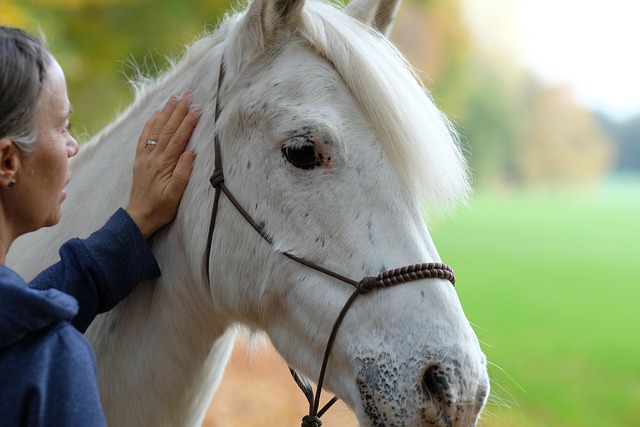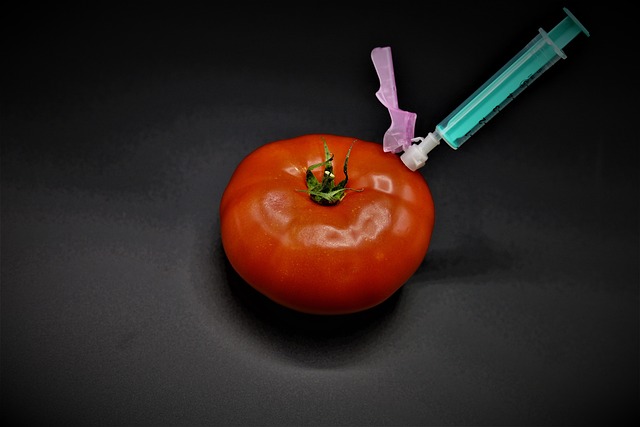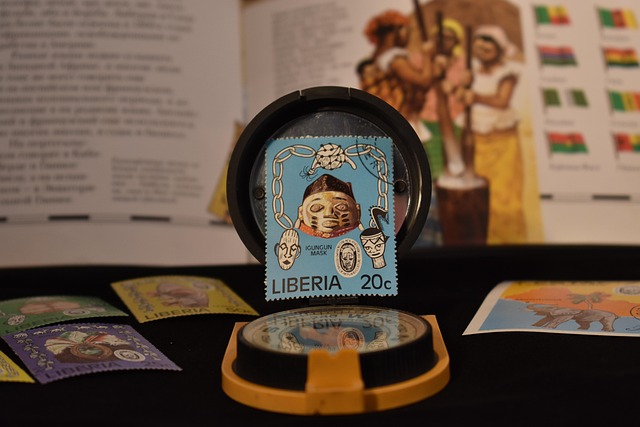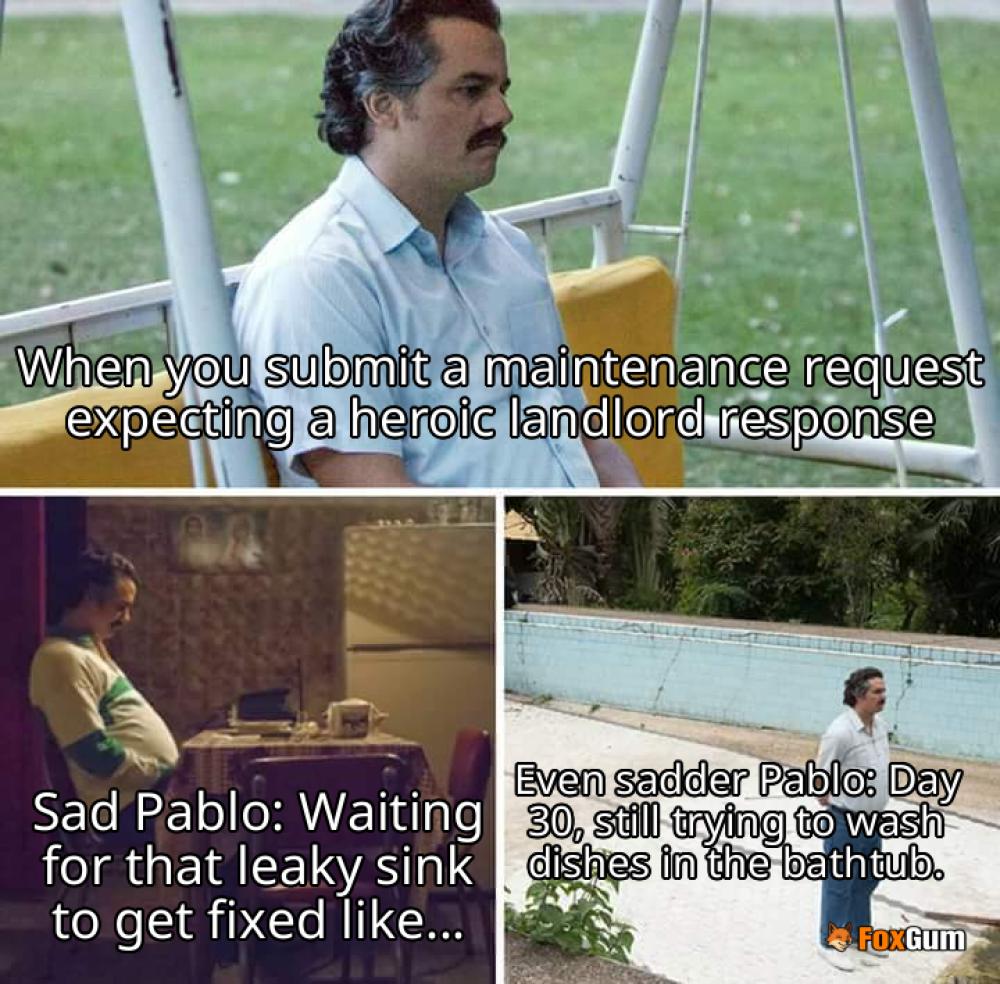
Casse-tête Chinois
Introduction
Casse-tête Chinois, known as Chinese Puzzle in English, is a 2013 film directed by Cédric Klapisch. This movie is the third installment in the "Spanish Apartment" trilogy, following L'Auberge espagnole (2002) and Russian Dolls (2005). It continues the exploration of themes such as globalization, relationships, and the challenges of adulthood.
Plot Overview
The film centers around Xavier, played by Romain Duris, who is now in his 40s and facing the complexities of life after a decade-long marriage to Wendy, portrayed by Kelly Reilly. Their relationship has deteriorated, leading to a divorce. The narrative unfolds as Xavier navigates his new life in New York City, where he must balance his responsibilities as a father to his two children while also pursuing his aspirations as a writer.
Character Development
Xavier's character is a focal point of the film, showcasing his evolution from a young man seeking adventure to a more mature individual grappling with the realities of life. The film introduces various supporting characters, including his ex-wife Wendy, his friend Isabelle (Cécile De France), and a new love interest, which add depth to the storyline. Each character represents different facets of relationships and personal growth.
Thematic Elements
Casse-tête Chinois delves into several significant themes:
- Globalization: The film reflects on the interconnectedness of cultures and the impact of living in a globalized world.
- Relationships: It explores the complexities of love, friendship, and family dynamics, particularly in the context of modern life.
- Personal Growth: Xavier's journey highlights the importance of self-discovery and resilience in the face of life's challenges.
- Parenting: The film addresses the struggles and joys of being a parent, emphasizing the balance between personal aspirations and family responsibilities.
Cinematography and Direction
Cédric Klapisch's direction is notable for its vibrant portrayal of New York City, which serves as a backdrop for the characters' journeys. The cinematography captures the city's energy and diversity, enhancing the film's themes. The use of color and light contributes to the overall mood, making it visually appealing.
Reception and Impact
Casse-tête Chinois received a generally positive response from critics and audiences alike. Its relatable themes and engaging characters resonated with viewers, particularly those familiar with the previous films in the trilogy. The film's exploration of contemporary issues such as divorce, parenting, and cultural identity struck a chord, making it relevant in today's society.
Conclusion
In summary, Casse-tête Chinois is a thought-provoking film that effectively combines humor and drama to address the complexities of modern life. It serves as a fitting conclusion to the "Spanish Apartment" trilogy, offering insights into the challenges of adulthood and the importance of human connections. For those interested in a film that balances entertainment with meaningful themes, this movie is worth watching.

















 Maritime Tradition Crossing Equator
Maritime Tradition Crossing Equator 
 Health
Health  Fitness
Fitness  Lifestyle
Lifestyle  Tech
Tech  Travel
Travel  Food
Food  Education
Education  Parenting
Parenting  Career & Work
Career & Work  Hobbies
Hobbies  Wellness
Wellness  Beauty
Beauty  Cars
Cars  Art
Art  Science
Science  Culture
Culture  Books
Books  Music
Music  Movies
Movies  Gaming
Gaming  Sports
Sports  Nature
Nature  Home & Garden
Home & Garden  Business & Finance
Business & Finance  Relationships
Relationships  Pets
Pets  Shopping
Shopping  Mindset & Inspiration
Mindset & Inspiration  Environment
Environment  Gadgets
Gadgets  Politics
Politics 